Intro
Learn about gallstones operation recovery time, including laparoscopic cholecystectomy, post-op care, and symptoms management for a smooth recovery from gallbladder surgery.
The recovery time for a gallstones operation, also known as a cholecystectomy, can vary depending on several factors, including the type of surgery performed, the individual's overall health, and the presence of any complications. Generally, the recovery time for a gallstones operation can range from a few days to several weeks. It is essential to understand the recovery process to ensure a smooth and successful healing journey.
The importance of understanding the recovery time for a gallstones operation cannot be overstated. Gallstones are a common condition that affects millions of people worldwide, and surgery is often the most effective treatment option. By knowing what to expect during the recovery period, individuals can better prepare themselves and their loved ones for the challenges that lie ahead. Moreover, a thorough understanding of the recovery process can help individuals make informed decisions about their treatment options and reduce the risk of complications.
The recovery time for a gallstones operation is a critical aspect of the treatment process. After surgery, individuals will typically spend several hours in the recovery room, where they will be closely monitored for any signs of complications. Once they are stable, they will be discharged from the hospital and will begin their journey to full recovery. The road to recovery can be long and challenging, but with the right mindset, support, and care, individuals can overcome the hurdles and regain their health.
Gallstones Operation Overview
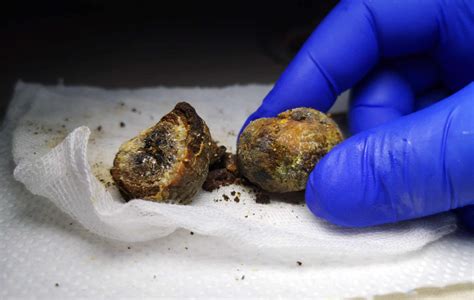
Types of Gallstones Operations
There are two main types of gallstones operations: open cholecystectomy and laparoscopic cholecystectomy. Open cholecystectomy involves making a large incision in the abdomen to access the gallbladder, while laparoscopic cholecystectomy involves making several small incisions to insert the laparoscope and surgical instruments. Laparoscopic cholecystectomy is generally considered a safer and less invasive procedure, with a faster recovery time.Recovery Time for Gallstones Operation
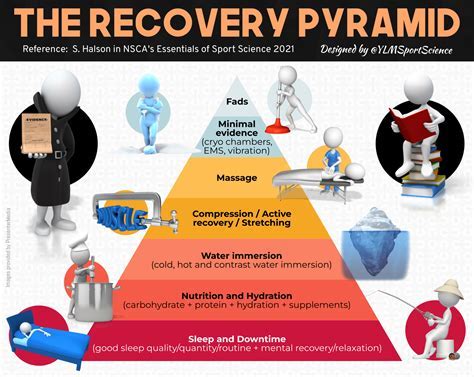
Factors Affecting Recovery Time
Several factors can affect the recovery time for a gallstones operation, including: * Age: Older individuals may take longer to recover from surgery due to decreased physical function and the presence of underlying medical conditions. * Overall health: Individuals with underlying medical conditions, such as diabetes or heart disease, may take longer to recover from surgery. * Type of surgery: Laparoscopic cholecystectomy generally has a faster recovery time than open cholecystectomy. * Presence of complications: Complications, such as infection or bleeding, can prolong the recovery time.Post-Operative Care
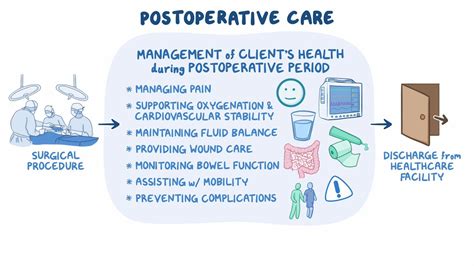
Pain Management
Pain management is a critical aspect of post-operative care. After surgery, individuals will typically experience some pain, discomfort, and fatigue, which can be managed with medication and rest. The type and dosage of medication will depend on the individual's overall health and the type of surgery performed. Some common pain management medications include: * Acetaminophen (Tylenol) * Ibuprofen (Advil or Motrin) * Oxycodone (OxyContin)Complications and Risks
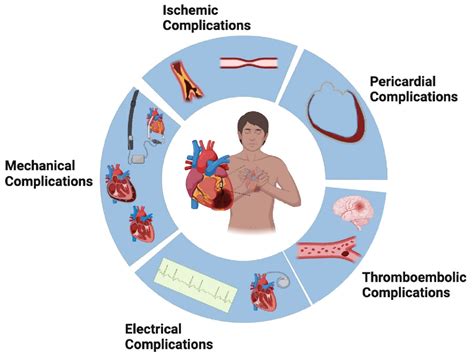
Minimizing Complications
To minimize the risk of complications, it is essential to follow post-operative care instructions carefully and attend follow-up appointments with the surgeon. Some general tips to minimize complications include: * Taking medication as directed * Resting and avoiding heavy lifting or strenuous activities * Eating a healthy diet to promote healing * Avoiding heavy meals or fatty foods that can trigger digestive problemsReturning to Normal Activities
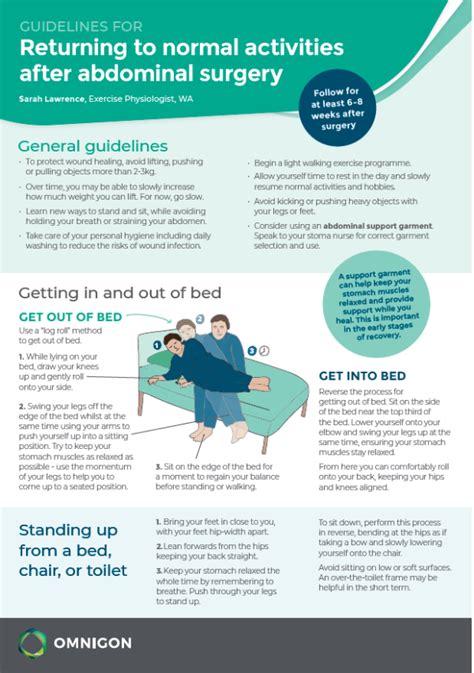
Follow-Up Care
Follow-up care is essential to ensure a smooth and successful recovery. After surgery, individuals will typically be scheduled for follow-up appointments with the surgeon to monitor their progress and address any concerns. Some general follow-up care instructions include: * Attending follow-up appointments with the surgeon * Taking medication as directed * Reporting any signs of complications, such as infection or bleeding * Following a healthy diet to promote healingWhat is the average recovery time for a gallstones operation?
+The average recovery time for a gallstones operation can range from a few days to several weeks, depending on the type of surgery performed and the individual's overall health.
What are the risks and complications associated with a gallstones operation?
+Some common risks and complications associated with a gallstones operation include infection, bleeding, adhesions, injury to surrounding organs, and respiratory problems.
How can I minimize the risk of complications after a gallstones operation?
+To minimize the risk of complications, it is essential to follow post-operative care instructions carefully, take medication as directed, and attend follow-up appointments with the surgeon.
In conclusion, the recovery time for a gallstones operation can vary depending on several factors, including the type of surgery performed, the individual's overall health, and the presence of any complications. By understanding the recovery process, following post-operative care instructions, and attending follow-up appointments with the surgeon, individuals can minimize the risk of complications and ensure a smooth and successful recovery. If you have any questions or concerns about gallstones or the recovery process, please do not hesitate to reach out to your healthcare provider. Share this article with your friends and family to help them understand the importance of post-operative care and the recovery process for a gallstones operation.
